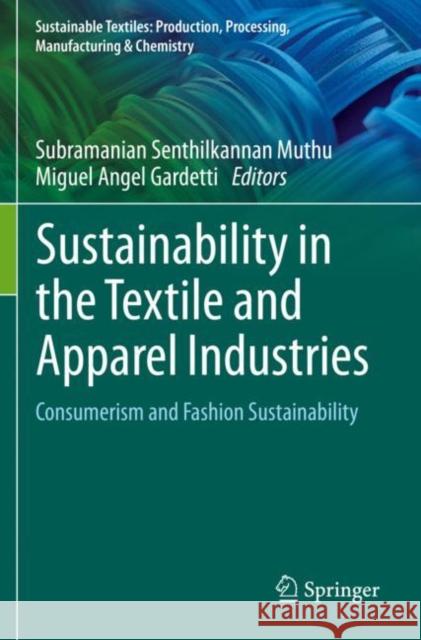Sustainability in the Textile and Apparel Industries: Consumerism and Fashion Sustainability » książka
topmenu
Sustainability in the Textile and Apparel Industries: Consumerism and Fashion Sustainability
ISBN-13: 9783030385347 / Angielski / Miękka / 2021 / 168 str.
Sustainability in the Textile and Apparel Industries: Consumerism and Fashion Sustainability
ISBN-13: 9783030385347 / Angielski / Miękka / 2021 / 168 str.
cena 724,58
(netto: 690,08 VAT: 5%)
Najniższa cena z 30 dni: 693,97
(netto: 690,08 VAT: 5%)
Najniższa cena z 30 dni: 693,97
Termin realizacji zamówienia:
ok. 16-18 dni roboczych.
ok. 16-18 dni roboczych.
Darmowa dostawa!
Kategorie BISAC:
Wydawca:
Springer
Seria wydawnicza:
Język:
Angielski
ISBN-13:
9783030385347
Rok wydania:
2021
Wydanie:
2020
Numer serii:
001053391
Ilość stron:
168
Waga:
0.27 kg
Wymiary:
23.37 x 19.56 x 0.76
Oprawa:
Miękka
Wolumenów:
01











